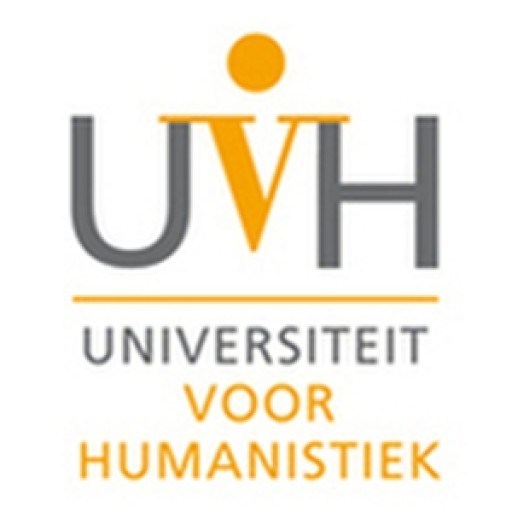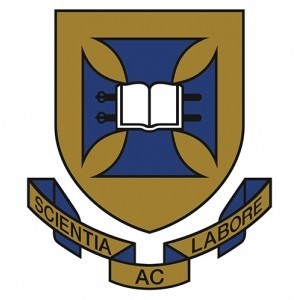Photos of university
Program Description: The Japanese Humanities program at Kyushu University offers students a comprehensive and in-depth exploration of Japan’s rich cultural, historical, linguistic, and societal traditions. Designed to foster a profound understanding of Japan’s unique cultural identity and its development over centuries, the program combines interdisciplinary approaches, integrating history, literature, philosophy, language studies, and social sciences. Students will engage with classical and modern Japanese texts, analyze historical and contemporary societal issues, and develop linguistic proficiency in Japanese through rigorous coursework and practical language training. The curriculum emphasizes critical thinking, cross-cultural communication, and research skills, equipping graduates with the ability to analyze and interpret various aspects of Japanese culture and society both domestically and globally. Within the program, students have opportunities to participate in seminars, workshops, and field research, facilitating direct engagement with Japanese communities, cultural heritage sites, and academic experts. The program aims to prepare graduates for careers in academia, international relations, cultural preservation, education, and media, fostering a deep appreciation and understanding of Japan that can be applied in diverse professional contexts. By combining theoretical knowledge with practical experience, the Japanese Humanities program at Kyushu University nurtures well-rounded individuals capable of contributing thoughtfully to intercultural understanding and global dialogue.
FIRST YEAR
- Doctoral Dissertation Guidance
- Research and Professional Development
- Choice of Upper-level Graduate Seminar(s)
- Choice of Upper-level Graduate Seminar(s)
SECOND YEAR
- Doctoral Dissertation Guidance
- Research and Professional Development
- Choice of Upper-level Graduate Seminar(s)
- Choice of Upper-level Graduate Seminar(s)
THIRD YEAR AND BEYOND
Each candidate’s progress will vary, but the PhD degree typically takes three to six years to complete. During that period the courses listed above will continue.
ELECTIVE
- Upper-level Graduate Seminar: History I – II
- Upper-level Graduate Seminar: Visual Culture and Art History I – II
- Upper-level Graduate Seminar: Literature I – II
- Upper-level Graduate Seminar: Buddhist Studies or Japanese Religions I – II
- Upper-level Graduate Seminar: Text and Material Culture I – II
- Upper-level Graduate Seminar: Selected Subject I – II
- Applicants for the IDOC in Japanese Humanities must have received an MA degree (or equivalent) within the humanities from an accredited institution by the end of September, 2017. Applicants must have strong skills in English and Japanese (minimum JLPT N3 level or proof of equivalent skill). Prospective students will typically contact a prospective advisor in advance of their application.
- Academic essay
- Three letters of recommendation
- Submit an official graduation certificate issued by the last university attended. Photocopies with an official seal or imprint are acceptable.
- Submit official academic transcripts from all universities or equivalent institutions attended. Photocopies with an official seal or imprint are acceptable.
- Submit test results or other relevant documents (TOEFL [P, C, I], TOEIC, IELTS, CAMBRIDGE). Photocopies are acceptable. These tests should not have been taken more than two years before the time of application.
- Applicants must pay a 30,000-yen application fee and include a receipt providing evidence of payment together with the application materials. Only MEXT Scholarship Students are exempted from paying the application fee; they should enclose a MEXT Scholarship Student Certificate instead.
Financing studies in the Japanese Humanities program at Kyushu University are primarily supported through a variety of funding options aimed at both domestic and international students. Scholarships offered by the university include the Kyushu University Scholarship for International Students, which provides financial assistance to outstanding students based on academic performance and financial need. Additionally, students can apply for government-funded scholarships such as the Japanese Government (MEXT) Scholarship, which covers tuition fees, a monthly stipend, and sometimes travel expenses. Private organizations and foundations also offer scholarships for international students pursuing humanities studies in Japan, and students are encouraged to explore these opportunities early in their academic planning.
Part-time work opportunities are available on or near campus, with students able to work within the legal limits specified by Japanese immigration regulations. These jobs often include positions in language tutoring, research assistance, or service industry roles, providing supplementary income to support living expenses. The university's international office offers guidance on job search procedures and legal requirements for part-time employment.
Tuition fees for the Japanese Humanities program are set annually by Kyushu University and are comparable to other national universities in Japan. For the academic year, tuition is approximately 535,800 yen per year, and students are required to pay a one-time entrance fee of around 282,000 yen upon enrollment. In addition to tuition, students must budget for living costs, which depend on location, lifestyle, and personal circumstances but typically range from 80,000 to 120,000 yen per month in Fukuoka, where Kyushu University is located.
Financial aid counseling services are available through the university's Student Support Center, which assists students in identifying suitable scholarships, grants, and employment opportunities. They also provide advice on managing personal finances and planning for educational expenses. Students are encouraged to prepare early and apply to multiple financial aid sources to ease the financial burden of studying abroad or in Japan. Overall, the program offers a range of financing opportunities designed to make humanities studies accessible, emphasizing both institutional scholarships and external funding options to support students in achieving their academic and career goals.
Living expenses vary from individual to individual. The approximate monthly cost of international student life in Fukuoka at a modest but adequate standard is as follows (in Japanese yen):
- Accommodation and utilities 30,000 - 60,000
- Food 30,000 - 45,000
- Miscellaneous (books, supplies, travel, etc.) 10,000 - 20,000
- TOTAL 70,000 - 125,000
Additionally, all first-year IMAP students are required to enroll in History and Visual Culture Fieldwork during the fall term. This research excursion is partially subsidized; students are required to contribute a fee (ca. 45,000 yen).










